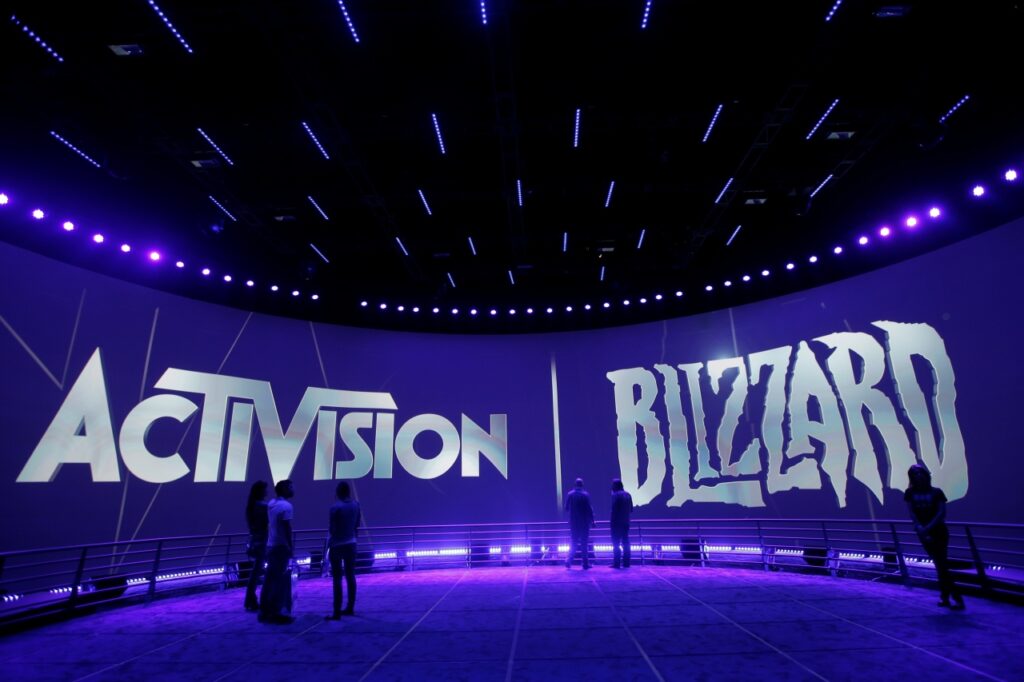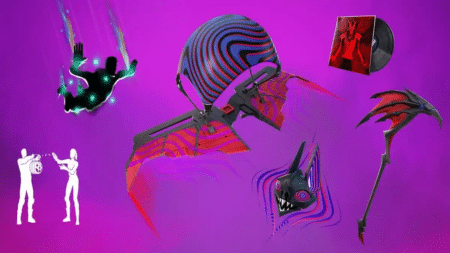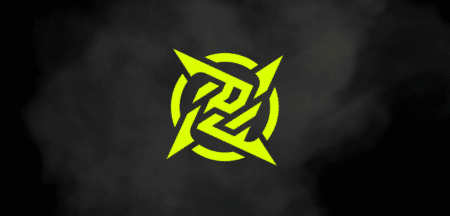The verdict is in: the United Kingdom’s Competition and Markets Authority (CMA) has released its final report on the Microsoft acquisition of Activision Blizzard, and it’s not looking good for the tech giant. In fact, the decision could put the brakes on the deal for up to a decade. What’s particularly interesting is the irony of the situation. Microsoft has been eagerly signing ten-year contracts with a variety of different companies and cloud gaming services, including a recent deal with Nware. They even went as far as to announce plans to eventually make Activision Blizzard titles available on their platform in what appears to be a direct challenge to the CMA’s ruling.
Microsoft may have been taken aback by the unexpected ruling from the CMA, as many other companies had voiced their support for its acquisition of Activision Blizzard, citing no potential negative impacts on competition. On the flip side, Sony has been a vocal opponent of the deal, arguing that it could significantly harm competition and lead to inferior versions of Call of Duty on PlayStation consoles.
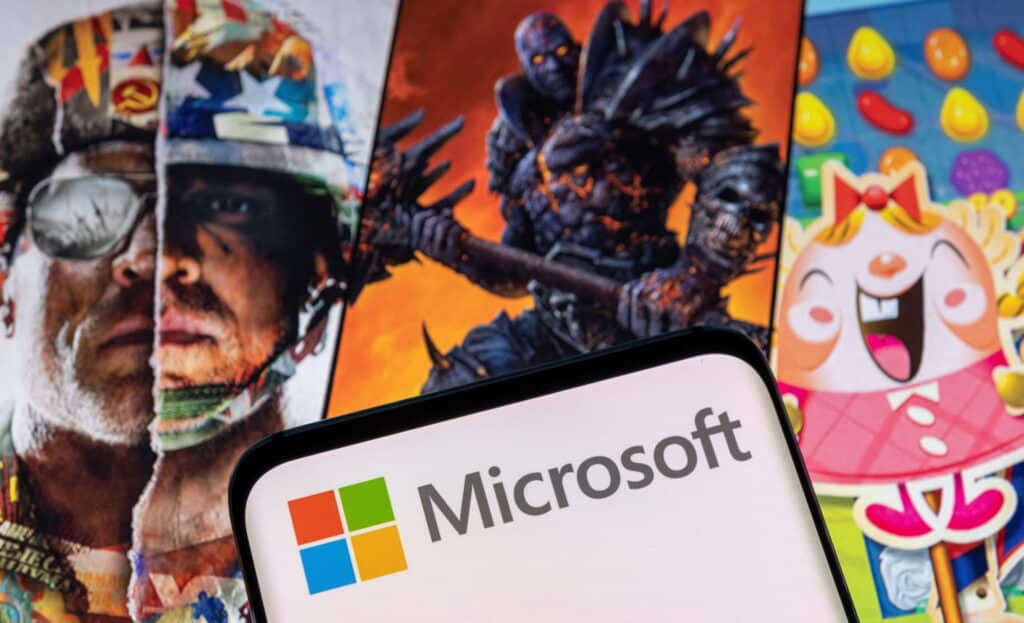
Of course, Microsoft was quick to dismiss these concerns and reiterated its intentions to make Call of Duty available on multiple platforms. In fact, the tech giant has been busy signing ten-year deals with various companies to demonstrate its commitment to cross-platform gaming. Despite this, it seems that the CMA’s decision has thrown a wrench in Microsoft’s plans, putting the acquisition on hold for the next decade. It
What’s on the Pages
The CMA’s final report, which spans a whopping 400 pages, leaves no stone unturned in explaining why it ultimately decided to block Microsoft’s bid to acquire Activision Blizzard. Section 11.26 of the report sheds light on the fact that the CMA’s standard procedure would typically involve a ten-year moratorium on the merger unless some significant change in circumstances were to occur.
Although it is unclear what specific changes in circumstances would need to occur for the CMA to reconsider its decision, the fact that a ten-year moratorium would typically be imposed suggests that Microsoft’s bid to acquire Activision Blizzard may be dead in the water. While there is a possibility for Microsoft to appeal to the Competition Appeal Tribunal (CAT), this process could take months and ultimately may not result in a favorable outcome.
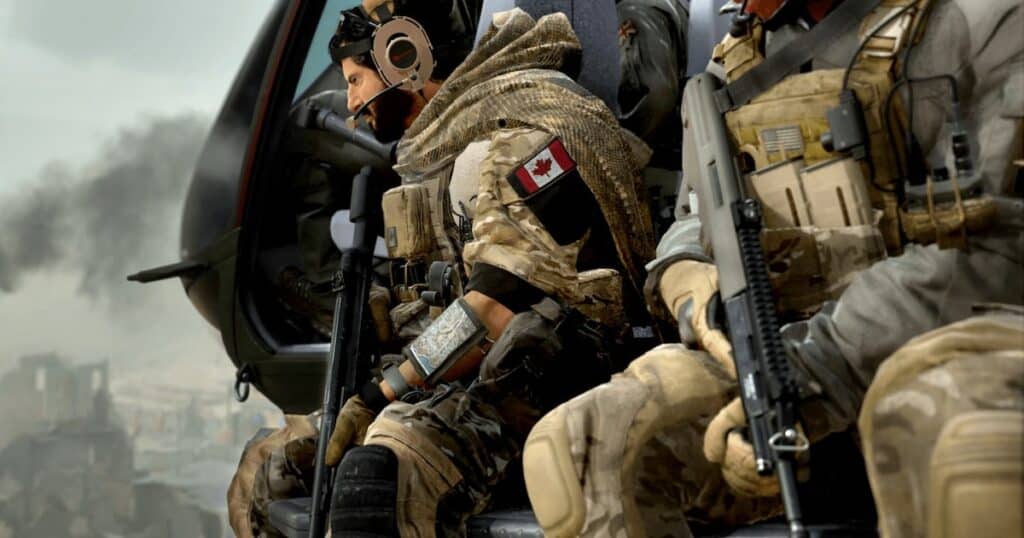
Adding further complications to the matter is Microsoft president Brad Smith’s recent criticism of the CMA’s decision, which didn’t sit well with UK Prime Minister Rishi Sunak. Sunak’s spokesperson was quick to clarify that while the UK would continue to engage with Microsoft, the CMA operates independently, and Smith’s remarks were not reflective of the UK’s stance on the matter.
Overall, the situation surrounding the Microsoft-Activision Blizzard acquisition remains fluid and unpredictable. As one of the most significant deals in gaming history, it has garnered widespread attention and sparked intense debate about the future of the industry. Only time will tell how this story will ultimately unfold and what it could mean for the future of gaming.

